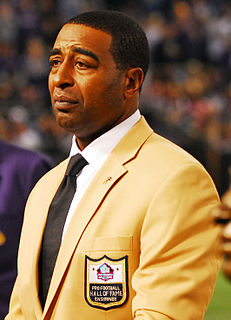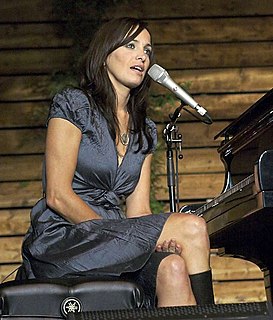A Quote by Jessica Barden
There isn't a right or wrong way to be depressed, anxious, or struggle with PTSD. Mental health challenges manifest differently for different people, and it's important that people see that on-screen.
Related Quotes
One of the things we need to do is address mental health care as an integral part of primary care. People often aren't able to navigate a separate system, so you see successful models where a primary care physician is able to identify, diagnose, and concurrently help people get mental health treatment who have mental health issues.
Too many Americans who struggle with mental health illnesses are suffering in silence rather than seeking help, and we need to see to it that men and women who would never hesitate to go see a doctor if they had a broken arm or came down with the flu, that they have that same attitude when it comes to their mental health.
One of the issues I think is very important, in many communities of color, there's a stigma about mental health. We find that the shaming that comes from acknowledging that one may have some issues that may relate to mental health, often people are not willing to go and seek additional help because of that shaming or that cultural stigma that's associated with it. And I think that we need to make this change in how people approach mental health.



































